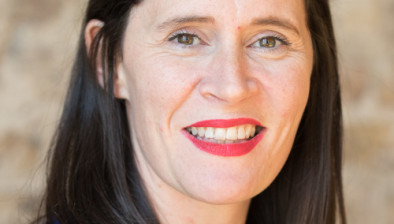Supreme Court ruling clarifies rights of accused

Sinéad Gibney
A judge in the Circuit Court was incorrect in law in directing a jury to return a verdict of not guilty on a count of endangerment in circumstances where the garda investigation did not include an interview with the accused, the Supreme Court has ruled.
The Irish Human Rights and Equality Commission intervened in DPP v JD and welcomed its clarification of the right to a fair trial and specifically the rights of accused people.
In yesterday’s ruling, Mr Justice John MacMenamin said the issue of the defendant’s entitlement to be questioned “should have been raised in the course of the trial … and not by way of preliminary application where there was no evidence adduced”.
“The decision in this case emphasises that it is a right to be vindicated at the trial, and just as importantly, by the trial,” he added.
The case involved a man charged with several offences of which only one (a count of endangerment) was an indictable offence, thereby requiring a judge and jury trial.
In November 2017, the trial judge at Longford Circuit Court found that fair procedures had not been observed by the gardaí in their failure to interview the man in relation to the indictable offence and accordingly directed the jury to find him not guilty in respect of that charge.
The case was successfully appealed at the Court of Appeal and subsequently went before the Supreme Court, which granted the Commission liberty to exercise its amicus curiae function.
In this capacity, the Commission made a submission to the court advising that so far as practicable, there is an onus on investigating authorities, in so far as practicable, to put a suspect on notice of any allegation which may result in a charge.
This requirement is an aspect of the fair trial right enshrined in Article 38.1 of the Constitution. A failure by the investigating authorities to secure the account of an accused can hinder the effectiveness of the investigative process and the fairness of a trial, the Commission said.
Sinéad Gibney, chief commissioner of the Irish Human Rights and Equality Commission, said: “The Commission was grateful for the opportunity to participate as amicus curiae in this important case in relation to fair trial rights and we note the judgment of the Supreme Court.”









